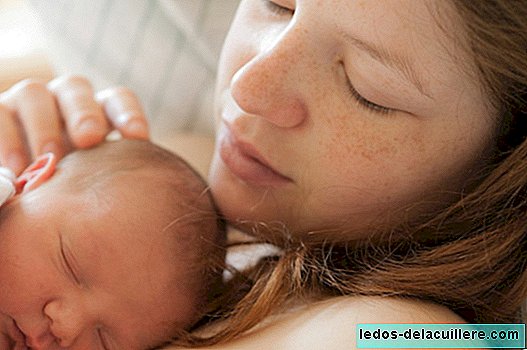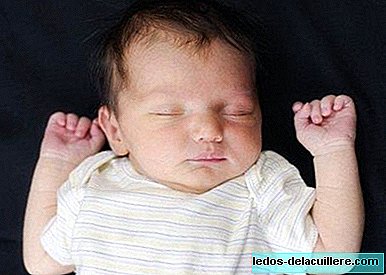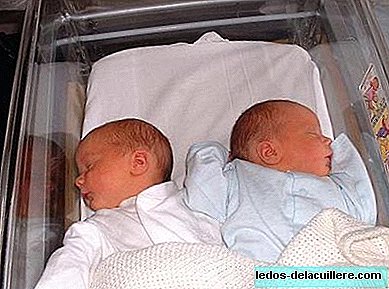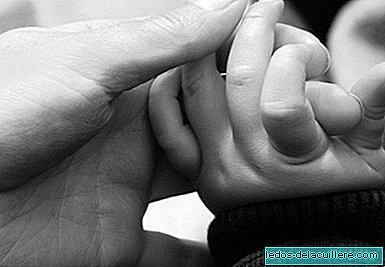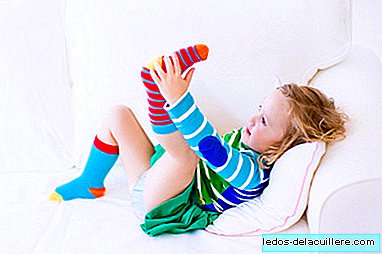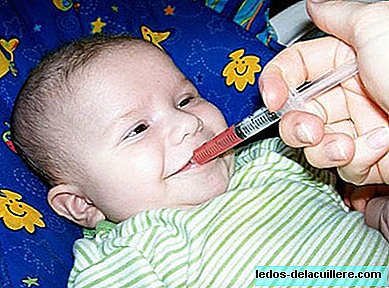
“Keep in mind that vaccines can give you a little fever, in a little while give you some paracetamol to prevent him from climbing. ”
This phrase has been pronounced hundreds of times by pediatricians and nurses, always with the best intention in the world (I have also said it on occasion as pain treatment), with the intention of avoiding the inconvenience that vaccines can reach cause in babies and children.
Now it is shown, however, that Paracetamol administration as a preventive treatment reduces the immune response of vaccines.
Scientists from the Defense University in Hradec Kralove (Czech Republic) have reached this conclusion in a study published in the prestigious magazine The Lancet.
After the administration of vaccines, it is common for children to suffer from fever and it has often been recommended to give paracetamol (Gelocatil, Apiretal, ...) to prevent the fever from rising too much or to lessen the discomfort caused by the increase in temperature.
In the commented study, children vaccinated for the first time and children vaccinated with subsequent reinforcements were evaluated in a group that received paracetamol every 6-8 hours during the 24 hours following vaccination and a group that did not take this medication.
The percentage of children with temperatures above 38 degrees was lower in those who took paracetamol, both in the initial vaccinations and in the booster vaccinations.
However, when evaluating the response of the immune system to the vaccine (which is called the geometric mean concentration of antibodies), they observed that the children who took paracetamol had a significantly lower response than the children who did not take it. In other words, those who were medicated to not have a fever created fewer antibodies than those who took nothing.
The explanation is that it seems that paracetamol interferes with the body's reaction process to vaccines, avoiding the correct interaction between the various cells of the immune system that initiate the usual reaction to a vaccine.
After this discovery the recommendation is that Paracetamol is not used as a preventive method, but as a treatment at the time when the fever has been established and causes discomfort in the child, when the interference of the medication is less.
In other words, the moment we should give paracetamol is when the child has a fever (> 37.5 ºC) and it affects his general condition.
Fever is the body's response to fight infection and activate the body's defenses and this means that, in a way, we must allow a child to have a fever (be it the fever caused by a vaccine or an infection), provided when it does not rise too fast or is affecting the child's condition.




